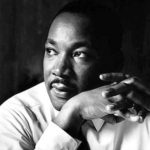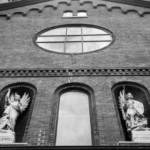Simplicity
“Keeping it simple has fallen on hard times.” says Adele Ahlberg Calhoun (Spiritual Disciplines Handbook: Practices That Transform Us p75) I think most of us cannot adequately participate in the spiritual disciplines of Lent because life is too busy and complicated. Basketball practices, workout, go to work early, go to a church meeting, run to the store, get gas… you know the drill. Eugene Peterson thinks the To-Do list is sacred, and not something we get done and out of the way so we can be spiritual. A fellow Presbyter recently told us that travel is a part of what it takes to stay connected as fellow churches, that we should put forth the effort to go be with other churches. He mentioned the beauty of ancient Jews traveling to Jerusalem for Purim or some other annual festival. I can’t help but imagine a long three to five day walk with my family and my village’s families all hiking and camping along the way, settling in around the fire at night by the well or spring, perhaps thousands of others doing the same thing – it was a national rhythm. That sounds simple and refreshing. Of course they had their hassles: who will water the garden, feed the flock, tend the chickens, protect the house? Grandma? Who knows. Maybe they thought Purim was a big hassle. But in my imagination...
Read More





